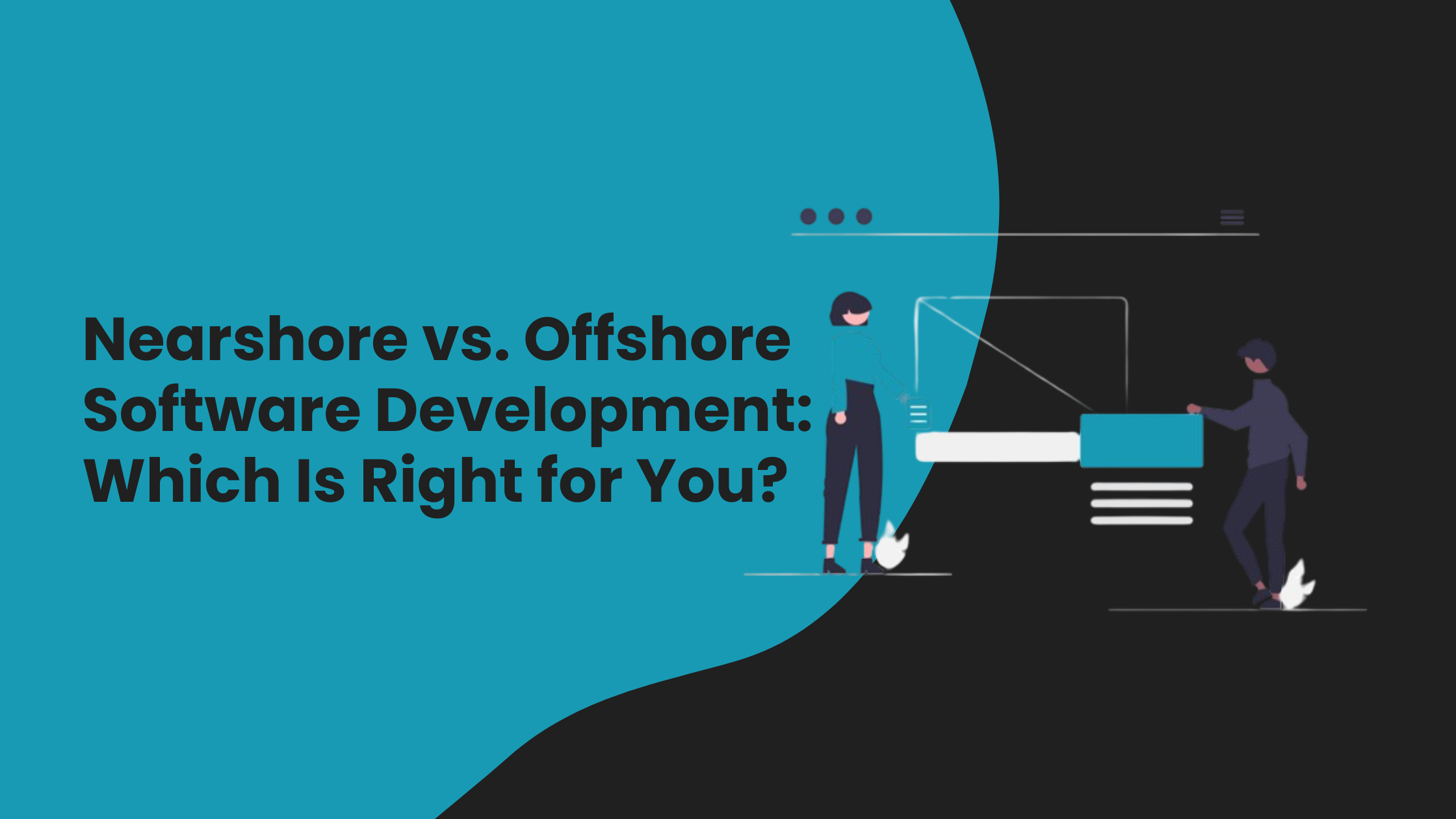Discuss best practices for ensuring data security and maintaining confidentiality in offshore projects.
In the digital age, data security and privacy are paramount concerns for businesses, and offshore software development is no exception. Trusting an offshore partner with your software project means entrusting them with sensitive information. In this blog, we’ll delve into the best practices for ensuring data security and maintaining confidentiality in offshore software development projects.
1. Choose a Trustworthy Offshore Partner:
The foundation of data security begins with selecting a reputable and trustworthy offshore development partner. Consider the following when making your choice:
– Research the offshore company’s track record, client testimonials, and reviews.
– Assess their compliance with international data protection standards and regulations.
2. Non-Disclosure Agreements (NDAs):
Before sharing any sensitive information, both parties should sign a comprehensive Non-Disclosure Agreement. This legal document ensures that your offshore partner is legally bound to protect your confidential data.
3. Data Encryption:
Encryption is a fundamental security measure. Ensure that all data in transit and at rest is encrypted. This includes communication between teams, databases, and data storage.
4. Access Control:
Implement stringent access control measures to restrict access to sensitive data. Only authorized personnel should have access to critical project information. Use role-based access controls to manage permissions.
5. Secure Development Environments:
Secure development environments are vital for data security. Employ a combination of firewalls, intrusion detection systems, and antivirus software to protect against threats.
6. Secure Coding Practices:
Encourage secure coding practices within your development team. Following established coding standards and guidelines can help minimize vulnerabilities and potential security breaches.
7. Regular Security Audits and Testing:
Conduct regular security audits and testing to identify vulnerabilities in your software. These assessments should include code reviews, penetration testing, and security scans.
8. Employee Training:
All team members, both onshore and offshore, should receive security training. This education helps create a culture of security awareness and compliance.
9. Secure Communication Channels:
Utilize secure communication channels for data sharing. Virtual private networks (VPNs) and encrypted messaging platforms ensure confidential information remains private during transmission.
10. Incident Response Plan:
Develop a robust incident response plan in case of a security breach. This plan should outline the steps to take in the event of a breach, including communication with relevant parties and regulatory authorities.
11. Data Retention and Disposal:
Establish policies for data retention and disposal. Sensitive data should be retained only as long as necessary, and secure disposal methods should be employed to prevent data leaks.
12. Compliance with Privacy Regulations:
Ensure that your offshore partner complies with global privacy regulations, such as GDPR, HIPAA, or CCPA, depending on your industry and region.
13. Third-Party Vendors:
If third-party vendors are involved in your project, make sure they also adhere to robust data security and privacy practices. Their systems can pose security risks.
In conclusion, data security and privacy are non-negotiable aspects of offshore software development. By adopting the best practices mentioned above, businesses can mitigate risks and safeguard their sensitive information during the development process. A strong focus on security not only protects your data but also builds trust and reliability in your offshore partnership, ensuring the success of your software project.




